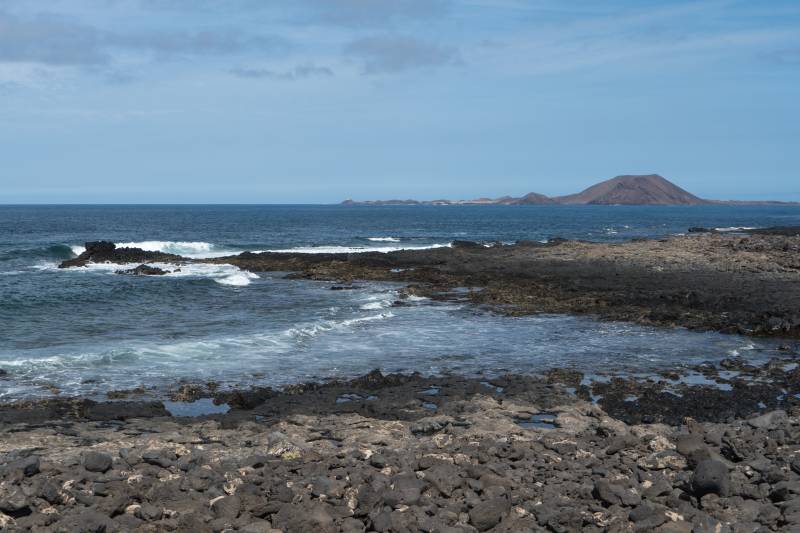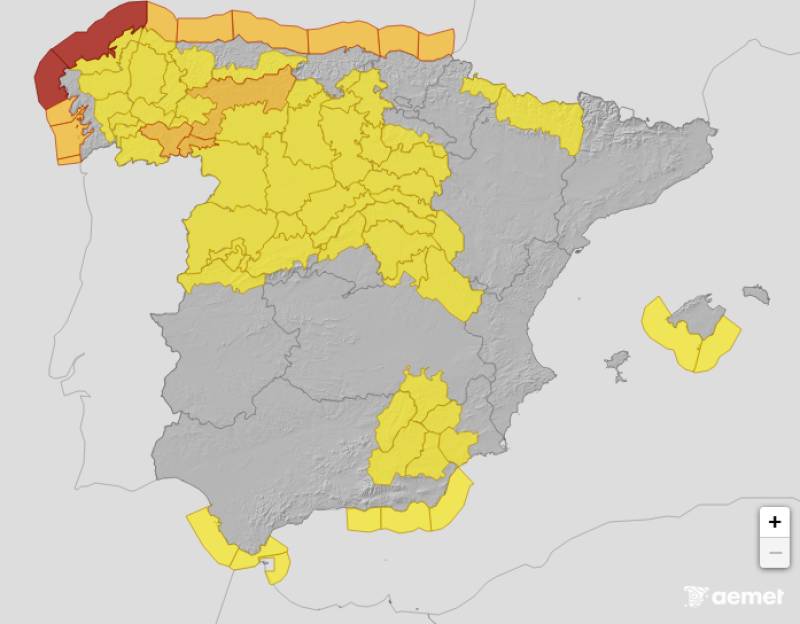- Region
- Vega baja
- Marina Alta
- Marina Baixa
- Alicante
- Baix Vinalopo
- Alto & Mitja Vinalopo
-
ALL TOWNS
- ALICANTE TOWNS
- Albatera
- Alfaz Del Pi
- Alicante City
- Alcoy
- Almoradi
- Benitatxell
- Bigastro
- Benferri
- Benidorm
- Calosa de Segura
- Calpe
- Catral
- Costa Blanca
- Cox
- Daya Vieja
- Denia
- Elche
- Elda
- Granja de Rocamora
- Guardamar del Segura
- Jacarilla
- Los Montesinos
- Orihuela
- Pedreguer
- Pilar de Horadada
- Playa Flamenca
- Quesada
- Rafal
- Redovan
- Rojales
- San Isidro
- Torrevieja
- Comunidad Valenciana
Date Published: 26/09/2022
ARCHIVED - Oldest human fossils ever found in Europe discovered in Spain
The 1.4-million-year-old facial bones unearthed near Burgos in northern Spain could end up rewriting human prehistory, according to archaeologists
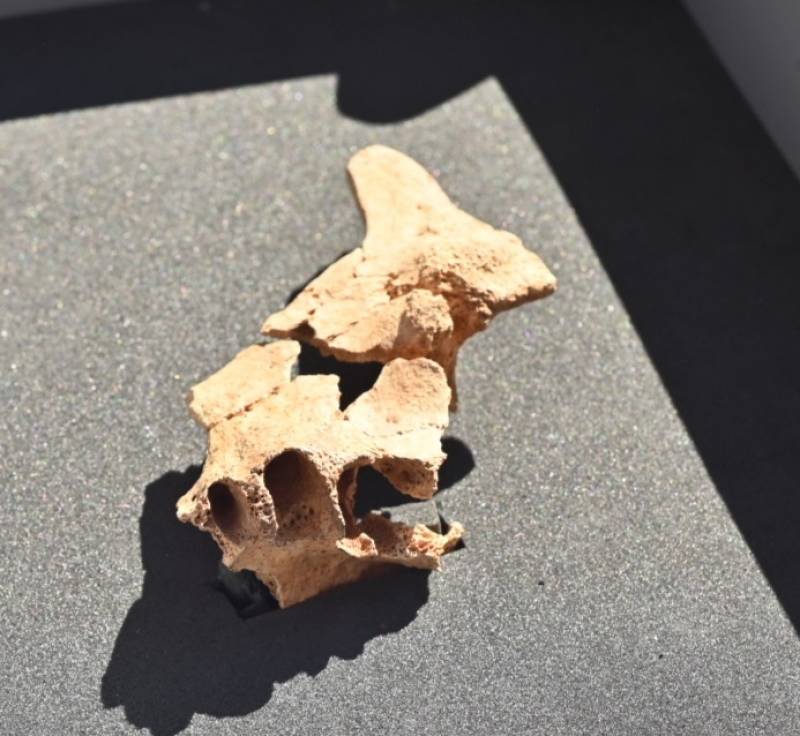
Archaeologists are celebrating a major “breakthrough” following the discovery of 1.4 million-year-old human fossils at the caves of the Sierra de Atapuerca excavation site near Burgos, specifically the Sima del Elefante.
The facial bones, unearthed in June, are the oldest human fossils ever discovered on the European continent, and according to scientists involved in the excavation, the landmark find could even end up changing human prehistory records.
“We don’t yet know which first human species the fragments found belonged to,” archaeologist Aurora Martin, general coordinator of the Museum of Human Evolution in Burgos, told Anadolu Agency, but they represent “a breakthrough that will help rewrite the history of human evolution.”
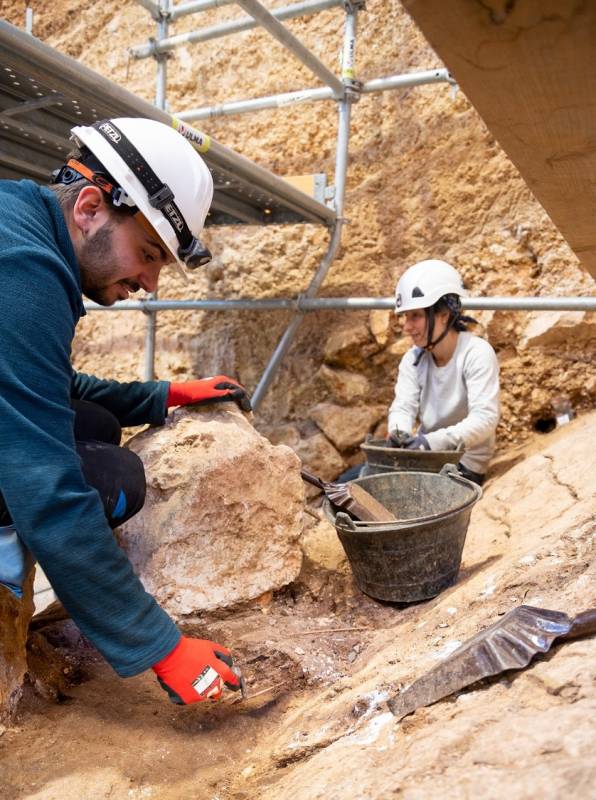
The first excavations began at the location in northern Spain in 1976 after the Atapuerca caves, a World Heritage site, were discovered during railway reconstruction work at the end of the 19th century.
And since then there have been numerous exciting discoveries, but none so important as the findings revealed earlier in the summer.
“Until 1994, it was known that there were no ancient human species in Europe until 500,000 years ago. Now we’re talking about 1.4 million years ago. In other words, we pushed back the evolution of humans in Europe 1 million years,” said Martin.
She added: “The new evolution, which is the facial parts of a species, unearthed in the summer of 2022, belongs to 1.4 million years ago. This opens new doors for us and makes us ask a lot of new questions. We will try to find answers to these, but they will all be after research. We can’t give an answer right now.”
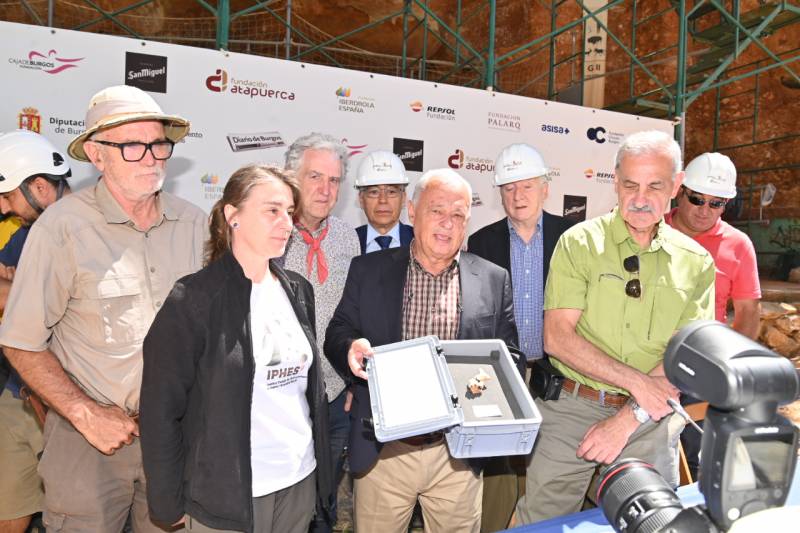
Prior to this monumental discovery, the oldest human fossils found in Europe dated back 1.2 million-years and were unveiled at the site 15 years ago. These, and all other Ancient Stone Age animal and human fossils recovered in Atapuerca are on public display at the Museum of Human Evolution in Burgos.
You might like: Excavation in Calpe, Alicante unearths 30 metre medieval wall
Images: Museo de la Evolución Humana
staff.inc.ali
Loading
Sign up for the Spanish News Today Editors Roundup Weekly Bulletin and get an email with all the week’s news straight to your inbox
Special offer: Subscribe now for 25% off (36.95 euros for 48 Bulletins)
OR
you can sign up to our FREE weekly roundup!
Read some of our recent bulletins:
Discount Special Offer subscription:
36.95€ for 48 Editor’s Weekly News Roundup bulletins!
Please CLICK THE BUTTON to subscribe.
(List price 3 months 12 Bulletins)
Read more stories from around Spain:
Contact Murcia Today: Editorial 000 000 000 /
Office 000 000 000

















